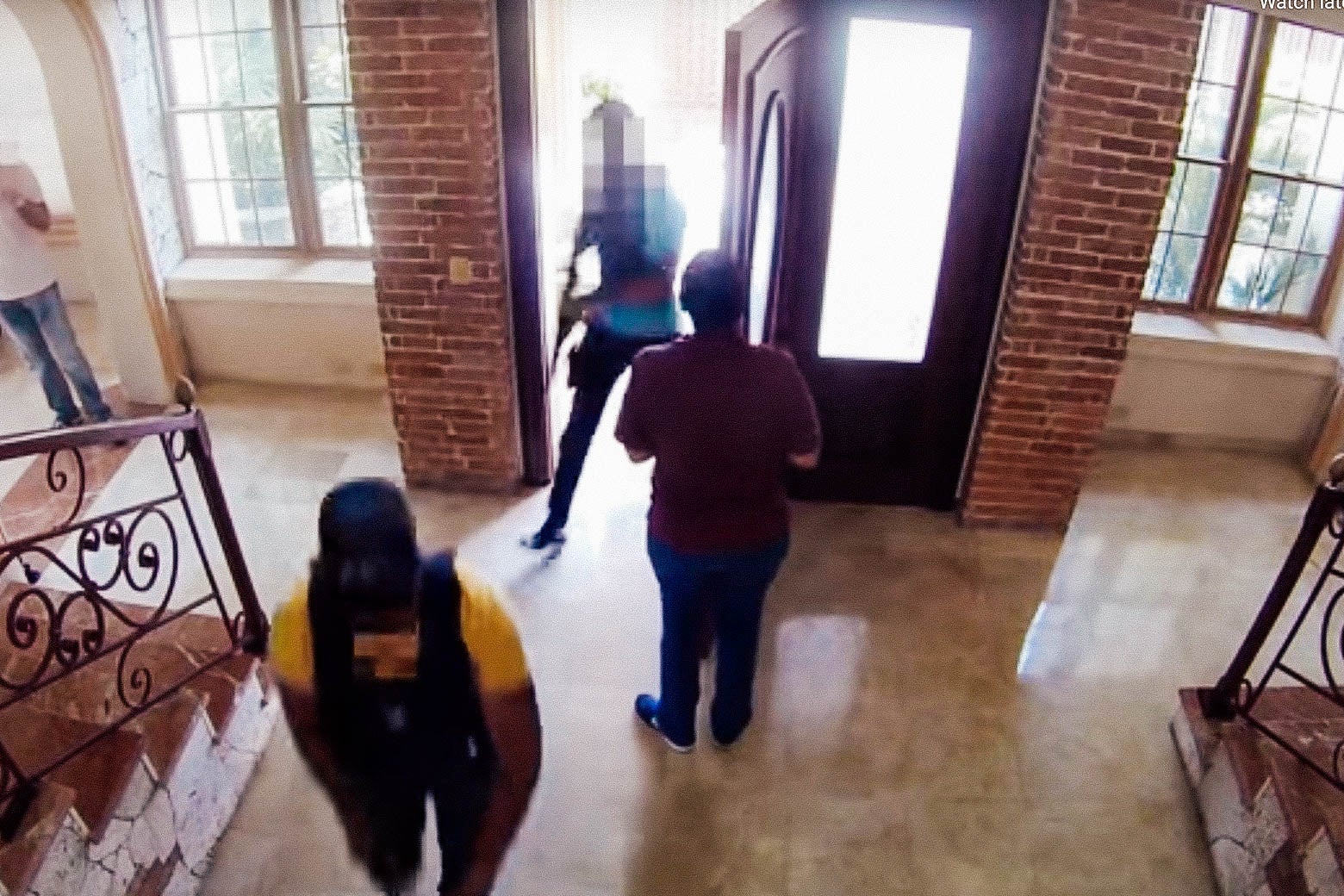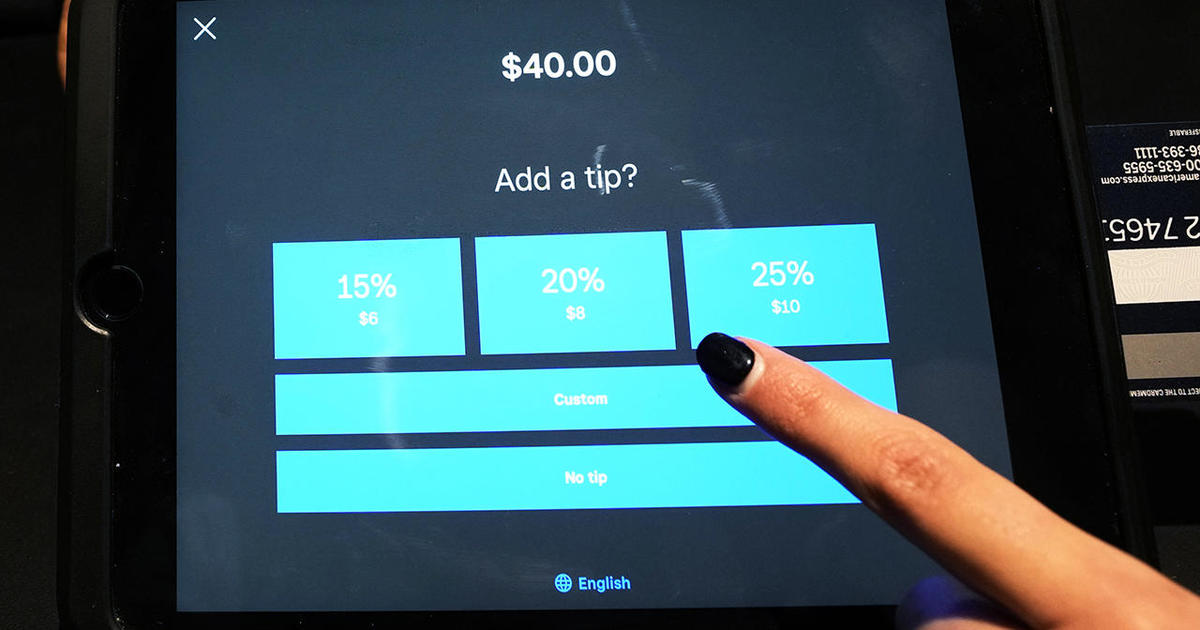

I have never been so glad that I talked myself out of buying the new iPhone this year! Siri is the primary input method I use for my iPhone. I would say I make around 20-30 vocal requests a day. It will be so nice to be able to do things like create a meeting on a calendar with a conversation instead of having to frame the request in a single sentence! I hope they do this rollout well.




















I like the choice of SIlverstone for the case. I got one of those for my proxmox server. It was compact, but not so compact that I left a lot of skin and blood behind after mounting components. I will say that other manufacturers (like Fractal Design just seem to understand how to design an interior a lot better, though.